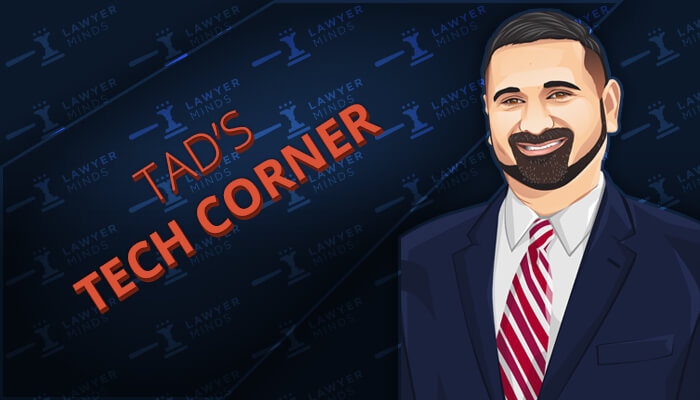How to Securely Conduct Legal Videoconferences

Video conferencing, video hearing, virtual meetings, and even virtual depositions have become common—especially since the COVID-19 pandemic. Going forward, trial attorneys have to be comfortable using the latest technology to communicate with clients and represent them.
With the number of platforms out there to choose from, it can be hard to determine which is best and why. One of the most important aspects to keep in mind is security. In order to ensure you provide your client with the best legal representation, you need to focus on confidentiality and only using platforms that protect sensitive information.
Virtual Meeting Platforms for Lawyers
Before you can choose a virtual meeting platform, it’s important to have a grasp on the basic concepts, like hosting, screen sharing, and file sharing. When you host a meeting, you have control of the meeting, who has access, and what features are accessible. Screensharing refers to one party, usually the host, allowing other participants to view their computer screen. Finally, file sharing means having the ability to share files during a video conference. This is absolutely necessary during a virtual hearing. Other common features virtual meeting platforms have are chat, video and audio, recording, and virtual backgrounds.
To choose the right platform, you need to assess your needs. You’ll need to consider if you’ve been hosting web conferences, meeting with clients, needing to securely transfer files, integrating the program with other software you already have, and more. Conduct your own research to determine which products seem most function for your law firm and test them out. Common platforms include the following:
- Legaler. Legaler is an Australian-based company that started developing legal industry-specific software in 2015. Compared to the others on this list, this is the only software that is developed for lawyers. It allows for hosting multiple video chats simultaneously, it integrates with Clio, Google, and Microsoft, and users have the ability to screen and file share.
- Zoom. Zoom is the go-to online meeting place for businesses in all industries. Overall, it’s simple to use, has an easy interface, and you can screen share and file share. There’s also the benefit of password protection limiting who can attend meetings.
- Skype. Skype, which Microsoft owns, has been around for a long time. Unlimited users can attend a meeting, accounts are free to make, and the video chat is user-friendly.
- Google Meet. Google Meet, previously known as Google Hangouts, belongs to the Google Suite family. If your firm uses G-Suite, you may already be aware of this program. With strong security and the ability to record meetings, this is a popular software for many law firms.
- Microsoft Teams. Microsoft Teams was essentially built on to what it had already made with Skype and added in more features, better security, and an improved appearance. You can only access teams if you have an active Microsoft 365 subscription. This software is good for larger law firms and integrates well with Microsoft Office software
Understanding the Types of Encryption
When you choose software, you should be keeping encryption in mind. Any data you share is at risk of being compromised. When data is encrypted, it’s converted into an unreadable format and only becomes readable when it reached the desired recipient.
As technology advances, modern encryption techniques are rapidly evolving. Some of the best encryption types currently include the following:
- Triple DES. Triple Data Encryption Algorithm works in three phases when encrypting data. It is slower than the other types of encryptions and is the easiest to decrypt.
- AES. The Advanced Encryption Standard is symmetric encryption that’s based on the Rijndael algorithm. It is considered one of the best encryption algorithms because it was developed by the U.S. National Institute of Standards and Technology.
- RSA. Rivest-Shamir-Adleman encryption is an asymmetric cipher that functions on two keys, including a public key for encryption and a private key for decryption.
- Blowfish. Blowfish, which was designed to replace DES, is a symmetric block cipher that works on a variable key length from 32 bits to 448 bits.
- Twofish. Twofish is another symmetric block cipher but is a more advanced version of Blowfish. It breaks data into fixed-length blocks but is unique in that it functions in 16 rounds regardless of how large the data is.
- FPE. Format Preserving Encryption is fairly new and works by encrypting your data in a similar format. So while the format of the plain text is kept intact, encryption prevents it from being exposed.
Expanding Your Knowledge of Legal Videoconferences
No matter how much you learn about virtual meetings and conferences, there’s always more to learn. If you want to build trust with your clients and provide quality legal help, you need to make sure you are staying on top of industry changes and learning as much as you can about the latest and most popular legal software.

